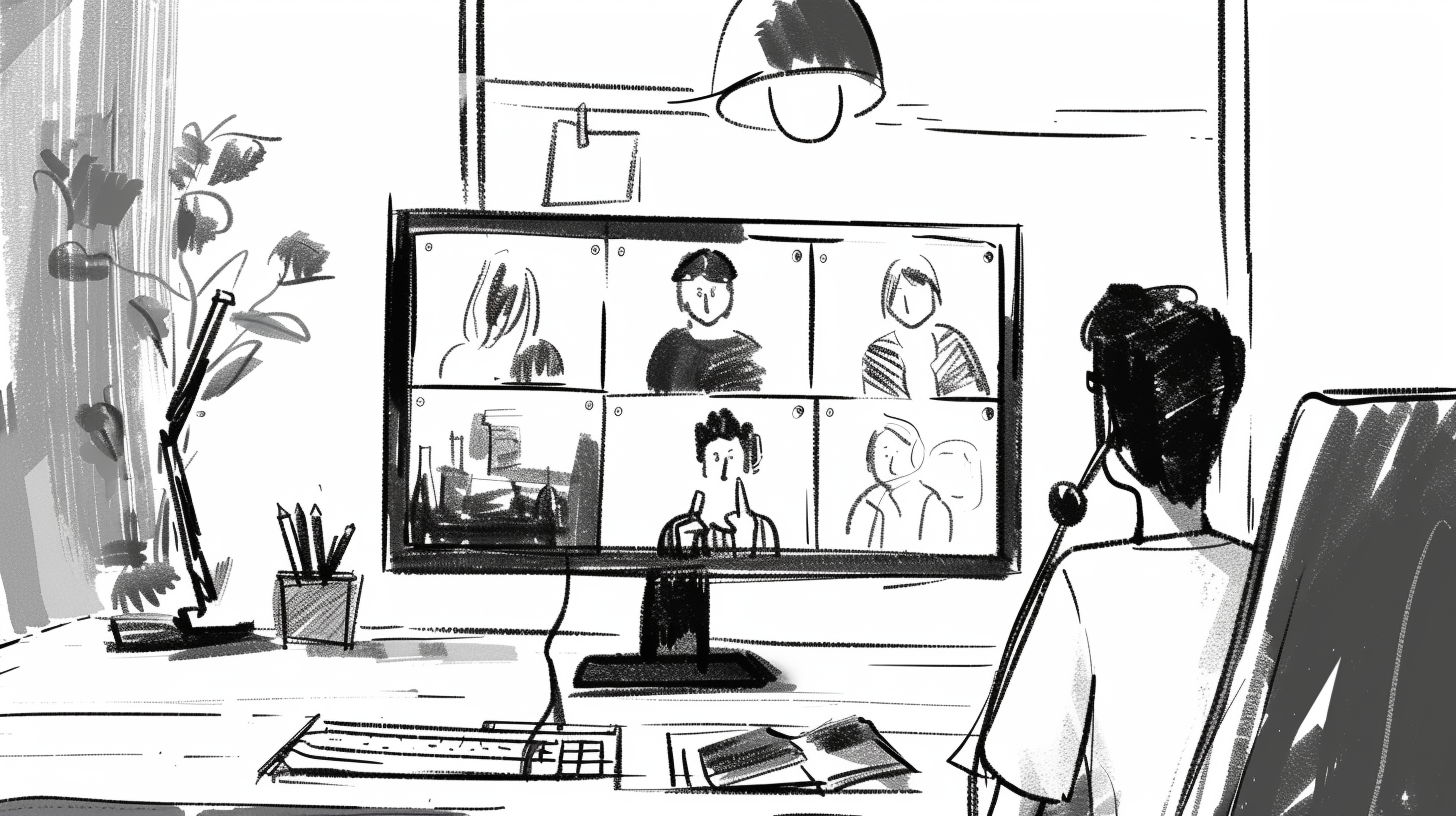I recently participated in a panel, “Israel’s 9/11 — A New Era of Antisemitism: Academic, Literary and Other Attacks and Responses,” hosted by the Center for Israel Education. I appeared with Mark Goldfeder, director of the National Jewish Advocacy Center; Mark Rotenberg, vice president general counsel at Hillel International; and our moderator, Kenneth Stein. I was there to discuss what I’ve discovered so far in my research for my forthcoming book, From Outrage to Action: A Practical Guide to Fighting Antisemitism. I’m a better writer than a speaker, and I cringe when I see myself on video (I think I tilt my head and squint so much that it looks like my eyes are closed). But other people have told me I did okay, so I’ll take their word for it.
Here’s some of what I said:
Kenneth asked me about the surge in antisemitism before October 7. I said I first noticed it during the rise of Donald Trump in 2016. Since then, the torch has been passed from right to left. I also noted how old antisemitic tropes are appealing to a new generation. These include portraying Jews as colonizers, puppet masters, or members of a ruling elite. These myths are particularly pronounced in movements that advocate for marginalized groups, paradoxically marginalizing Jews by portraying us as part of an oppressive class.
I also emphasized the rapid and organized reaction to the events of October 7. I noted that the protests and social media campaigns against Israel and Jews started almost immediately—before Israel had even responded, suggesting a pre-planned element to these reactions.
Kenneth also asked me about antisemitism in the literary community, something I’ve researched extensively. Regardless of their work’s focus, many Jews are experiencing exclusion and loss of opportunities. This trend reflects a disturbing belief that Jewish voices, unless they explicitly reject Zionism, are no longer welcome in literary discussions. I’ve interviewed numerous Jewish authors who share these concerns. They report a troubling increase in the exclusion and silencing of Jewish voices in the literary world, irrespective of their content or stance on Israel.
You can watch the entire panel discussion here.
